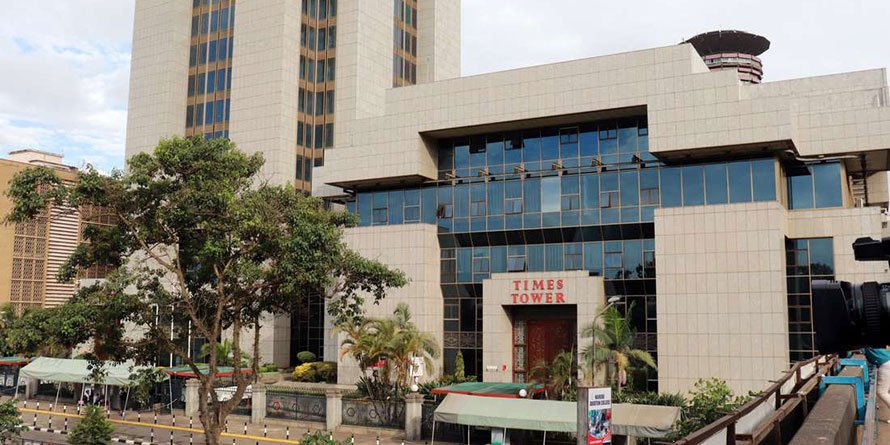The Kenya Revenue Authority (KRA) is escalating its fight with businesses to safeguard Sh21 billion in annual minimum tax, opting to appeal a High Court judgment that declared the collections unconstitutional.
Justice George Odunga Monday found that the government’s plan to impose a minimum tax on corporate sales, even when a company reports losses, is illegal.
“It results in diminishing capital for those making losses, while for those making profits the capital base is unaffected,” he said.
This came as a relief for businesses that were wary of paying the one percent levy on total sales from the beginning of 2021 even as they slowly recover from the Covid-19 economic fallout.
It is a blow, however, for President Uhuru Kenyatta’s administration, which was looking to collect at least Sh21 billion annually from the tax.
The National Assembly had last year amended the Income Tax Act (ITA) to give the KRA powers to collect minimum tax starting January 2021. Parliament introduced the minimum tax at the rate of one percent of the gross turnover, with businesses expected to pay the tax to the KRA once every quarter.
The minimum tax is based on gross turnover and not gains or profits, and all businesses, even those in a loss-making position, are required to pay.
The government hoped to use the minimum tax strategy to ensure companies that had over the years reported losses as a tax-avoidance ploy to also contribute to the exchequer. Industry lobbies, including Kitengela Bar Owners Association (KBOA), the Kenya Association of Manufacturers (KAM), the Retail Trade Association of Kenya (Retrak) and the Kenya Flower Council, petitioned the court to block it.
The petitioners partly anchored their argument on a move by the Treasury to exempt some companies from paying the tax, including the national carrier Kenya Airways Plc, whose business was hit by pandemic-related lockdowns. Businesses whose pricing is controlled by the government, such as fuel marketers and Kenya Power, were also exempted.
Justice Odunga in his judgment yesterday concurred with the petitioners, saying if implemented the scheme risked hurting businesses through double taxation.
“Under that section (12D of ITA), if a company in a tax loss position becomes profitable in the course of its financial year, having already paid the minimum tax during the loss-making period of the company’s financial year, it will now be required to pay corporation income tax,” the judge said.“However, the minimum tax paid during the loss-making period of the company’s financial […]
